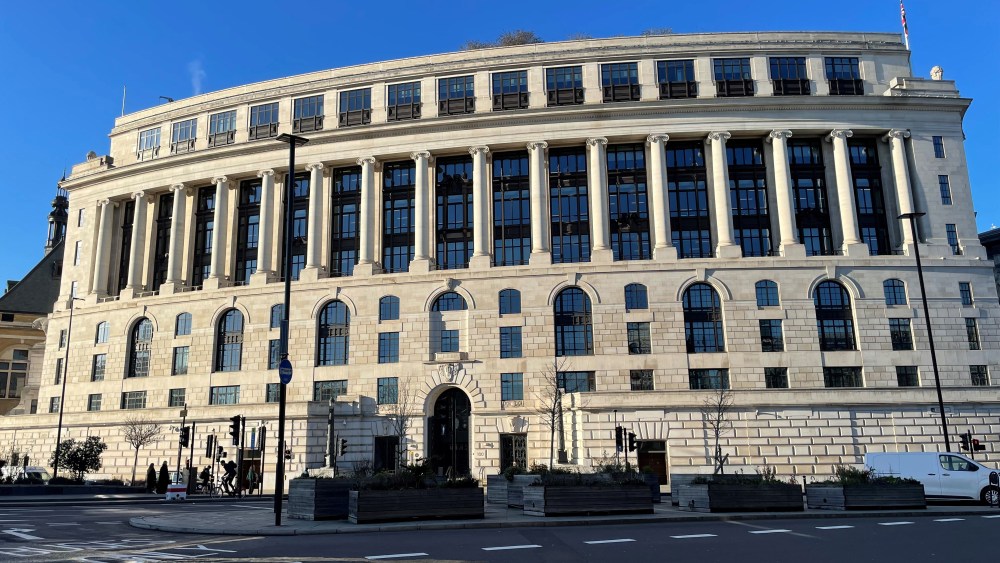Unilever, a global leader in consumer goods, is undergoing a significant transformation as it strives to streamline its operational structure and adapt to market conditions under the new leadership of CEO Hein Schumacher. Since Schumacher took the helm in July 2023, he has been driving a major reset, which was formally laid out in October of that year. The focus for 2024 is on simplifying operations and concentrating efforts on fewer, but larger product innovations. This restructuring is vital as Unilever aims to enhance growth, particularly by focusing on its “power brands,” which generate a staggering 75% of the company’s sales. Alongside this strategic shift, Unilever announced plans to spin off its ice cream division while implementing a productivity initiative that includes cutting around 7,500 office-based jobs. This restructuring is projected to yield significant cost savings, amounting to approximately €800 million over three years, with total restructuring expenses estimated to be around 1.2% of the group’s turnover during that period.
In February, the market was taken aback by news of Schumacher’s abrupt decision to step down by mutual agreement, just months after being hailed for his effective strategy. His successor, Fernando Fernandez—previously serving as CFO and head of Unilever’s Beauty & Wellbeing sector—was appointed to take over the CEO role. This sudden leadership change raises questions about the effectiveness of Schumacher’s restructuring efforts at a time when the company’s strategic initiatives were beginning to yield positive results. The corporate landscape is always in flux, and this transition emphasizes the challenges that even well-regarded leaders can encounter amidst evolving market demands.
The past year has also seen Unilever make significant operational moves beyond leadership changes. In a strategic pivot, Unilever sold its Russian subsidiary amidst consistent pressure and scrutiny from both media and industry stakeholders, marking a shift in priorities as the company navigated geopolitical challenges. Additionally, the company offloaded Elida Beauty, a notable portfolio of brands, to Yellow Wood Partners last June, following a rigorous divestiture strategy. This is part of a broader initiative to refine Unilever’s focus on key brands while divesting less profitable or non-core segments. Even amid these changes, notable departures have occurred within the organization, such as Vasiliki Petrou, founder of the Prestige division, paving the way for new leadership under Mary Carmen Gasco-Buisson, formerly of Pandora.
While the restructuring and divestments have characterized Unilever’s operational landscape, it is crucial to note the performance of its Beauty and Wellbeing division. This sector has outperformed the company as a whole, achieving underlying sales growth of 6.5%, fueled primarily by increased volume. This growth reflects a strategic emphasis on premiumizing core hair and skin care products, which has resulted in the successful expansion of prestige brands internationally. Core brands such as Dove, Vaseline, and Sunsilk have driven much of this momentum, with Dove experiencing particularly high growth thanks to innovative product launches and a robust marketing strategy. This performance demonstrates the potential for growth through careful brand management and a focus on meeting consumer demands.
Diving deeper into the specifics of product categories, the hair care segment has shown promising gains, with Sunsilk leading the way following its relaunch and new product innovations. Dove also contributed significantly to the overall growth in personal care, showcasing the importance of continuous innovation and market responsiveness. Meanwhile, other brands such as Lifebuoy and Lux have lagged behind in certain markets, underlining the need for Unilever to stay vigilant and responsive to shifting consumer preferences, especially in high-stakes regions like China and Indonesia. The challenges of adapting to local market conditions and competition highlight the nuanced nature of global brand management.
In a forward-looking move, Unilever announced plans to bolster its in-house fragrance design capabilities with a hefty investment of €100 million. This initiative is aligned with broader trends towards harnessing artificial intelligence to drive innovation and enhance productivity across the business. Following the divestment of its flavor and fragrance business to Givaudan back in 2005, this integrated approach marks a significant return to building internal creative capabilities. Furthermore, with acquisitions like the premium skincare brand Minimalist by Hindustan Unilever early this year, Unilever demonstrates its commitment to tapping into trending markets and catering to evolving consumer interests. Overall, as Unilever navigates this complex landscape of change, its strategic decisions reflect a broader ambition to evolve and thrive in a competitive global market.

